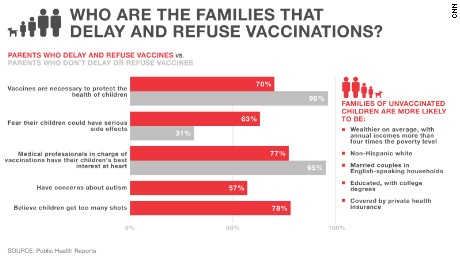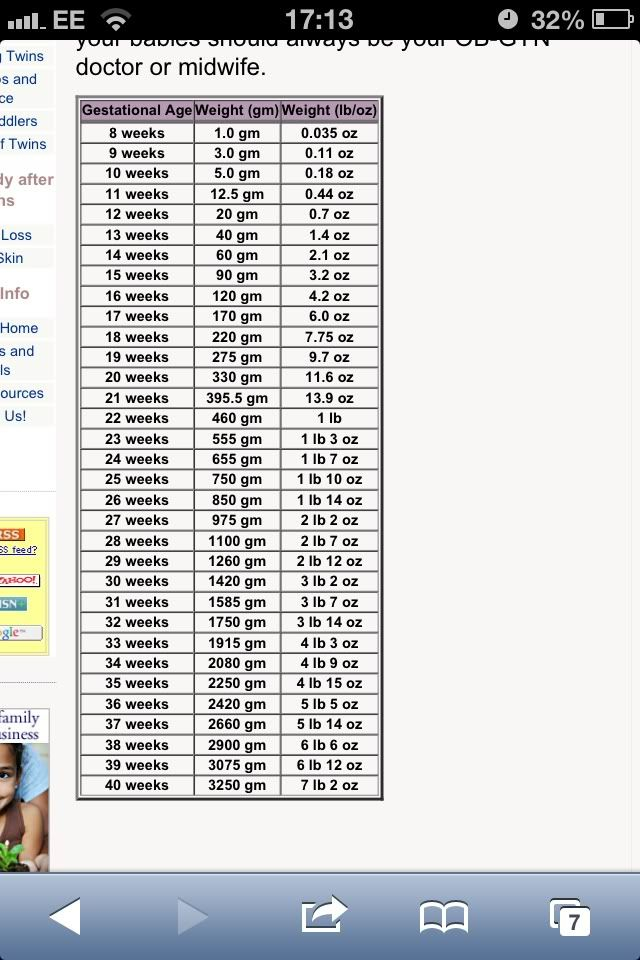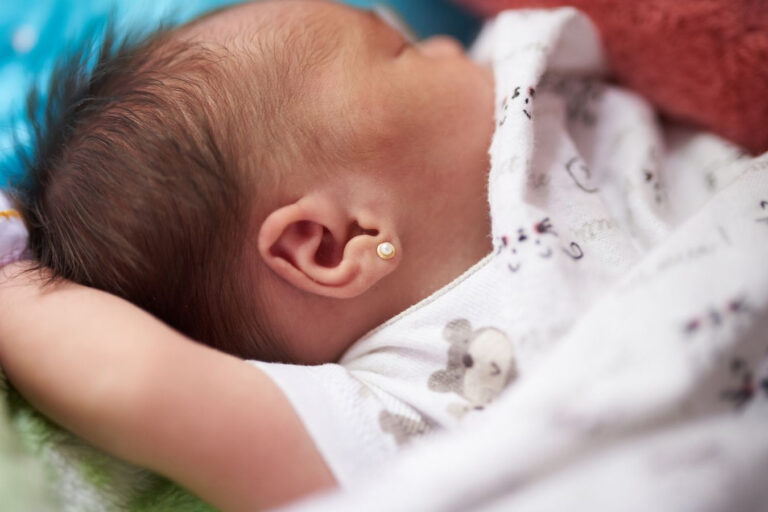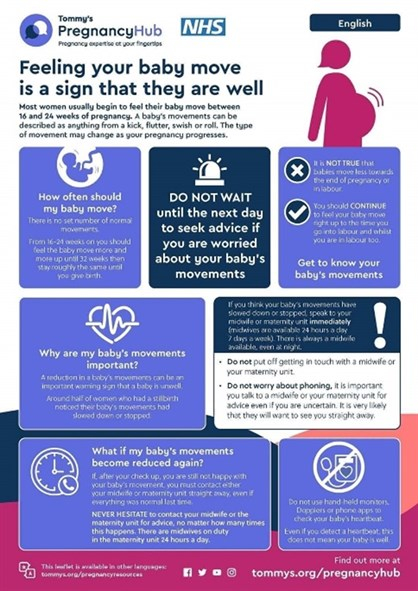Newborn At 7 Weeks: A Comprehensive Guide for New Parents
Navigating the first few weeks of parenthood can be an exhilarating yet daunting experience. At 7 weeks, your little one has embarked on a remarkable developmental journey, showcasing significant milestones and adorable quirks. This comprehensive guide will delve into the intricacies of caring for a 7-week-old newborn, addressing essential aspects such as feeding, sleep patterns, bathing, stimulation, health, and the joys and challenges of parental care.
As your newborn blossoms during this pivotal stage, understanding their developmental progress and providing optimal care is paramount. Let’s explore the intricacies of their physical, cognitive, and emotional growth, empowering you with the knowledge and confidence to nurture their well-being.
Newborn At 7 Weeks

Yo, check it, your little legend is now seven weeks old! This is a sick time for your bundle of joy, as they’re starting to develop like mad. So, let’s dive into what you can expect from your newborn at this groovy stage.
Physical Development
- They’re getting bigger and stronger, so don’t be surprised if they start to outgrow their tiny clothes.
- Their head control is improving, and they can now hold it up for short periods.
- They’re starting to get a bit more active, so you might see them kicking their legs and waving their arms more often.
Cognitive Development
- Their vision is getting better, and they can now see objects up to 12 inches away.
- They’re starting to recognise familiar faces, and they might even smile at you when they see you.
- They’re also starting to learn how to communicate, and they might make little noises or gestures to get your attention.
Social Development
- They’re starting to interact with you more, and they might even start to babble or coo.
- They’re also starting to learn how to play, and they might enjoy playing with toys or looking at books.
- They’re starting to develop their own personality, and you might notice them starting to show different moods and preferences.
Feeding
- They’re still feeding every 2-3 hours, but they might start to take a bit more milk at each feed.
- If you’re breastfeeding, you might notice your milk supply starting to regulate.
- If you’re bottle-feeding, you might need to start using a larger bottle.
Sleep
- They’re still sleeping a lot, but they might start to sleep for longer stretches at night.
- They might also start to wake up more often at night to feed.
- Don’t worry if your baby’s sleep patterns are a bit erratic, as they’re still developing their own sleep rhythm.
Health
- They’re due for their 6-week checkup, so make sure to take them to the doctor.
- The doctor will check their weight, height, and head circumference.
- They’ll also give your baby their first vaccinations.
Tips for Parents
- Enjoy this special time with your little one, as they’re growing and changing so fast.
- Be patient and understanding, as they’re still learning and developing.
- Don’t compare your baby to other babies, as every baby is different.
- If you have any concerns about your baby’s health or development, don’t hesitate to contact your doctor.
Questions and Answers
What are some common feeding challenges for 7-week-old newborns?
Newborns at this age may experience issues such as gas, colic, reflux, or difficulty latching. Consult your healthcare provider for personalized advice and solutions.
How can I establish a healthy sleep routine for my 7-week-old?
Create a calming bedtime environment, establish a regular sleep-wake cycle, and avoid overstimulation before bed. Swaddling, white noise, and gentle rocking can also promote restful sleep.
What are the signs and symptoms of common illnesses in 7-week-old newborns?
Look out for fever, lethargy, difficulty breathing, persistent crying, or changes in feeding patterns. Contact your healthcare provider promptly if you notice any concerning symptoms.





